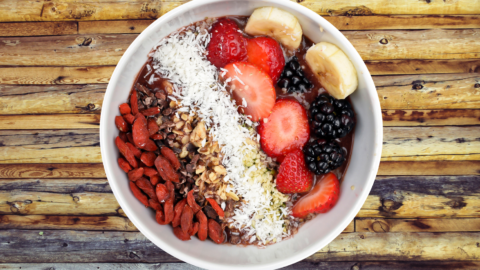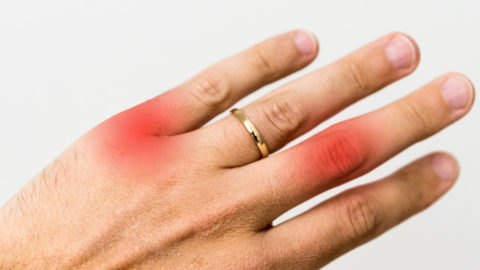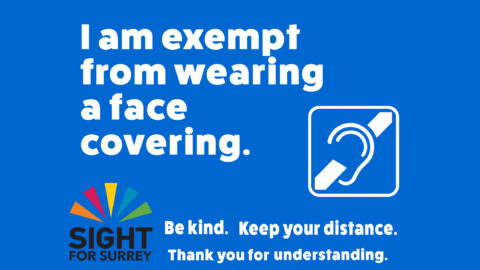Detoxing & Fasting – The Facts behind the Fads
January. Dark days plus lots of ‘fancy food’ and alcohol have made us feel fat and sludgy. So, bombarded with more dietary information than ever we rush out to spend our gift vouchers on books about ultimate diets and detox plans. But will they really make us healthier or slimmer?
Detoxing
There are numerous ‘detox diets’ that either tell you to restrict or eliminate certain foods, or advocate eating just one type of super food to flush you clean. But many experts say that your body already has the tools it needs to detoxify itself. The kidneys, liver, colon and skin all work together to remove unwanted substances from our body.
Much of the detox hype sounds seductively plausible. When we’re told that our bodies are full of undesirable substances that reduce our immunity, slow our metabolism and make us retain water and weight. But the British Dietetic Association has pronounced the concept ‘irrational and unscientific’.
The headaches, fatigue and other symptoms you may experience after a few days on a detox diet are not caused by toxins now released into your bloodstream. In reality, these symptoms are usually caused by your body reacting to sudden deprivation of a substance your body is a little too used to – such as caffeine, sugar or alcohol.
Fasting
Intentionally going without food is not new. People have been fasting for religious purposes for thousands of years and there are long held beliefs that it can improve various medical conditions and general health.
Many of the recent trendy fasting schemes don’t really ask you to fast at all, just to restrict your food intake on certain days or for a short period of time. Does it work? You may lose a lot of weight at first, but it can be hard to maintain as you are not fundamentally changing the way you eat. There does seem to be a connection between calorie consumption and lifespan but whether fasting gives the same results as daily moderation has yet to be proved.
However if having a couple of semi-fasting days a week doesn’t make you feel ill and you don’t compensate by eating unhealthily on the other days, there’s no harm doing it.
So what should I do?
Eat a healthy and varied diet
Choose natural foods not manufactured ones. Eat plenty of vegetables of different colours, moderate amounts of fruit and lean protein.
Avoid sugar as it disrupts your natural appetite control and is known to be highly addictive. Artificial sweeteners may have no calories, but it doesn’t help you to break the habit.
Watch your carbohydrates. Potatoes, bread and cereal are pretty tasteless without added fat or sugar and that alone can cause you to take in more calories than you intended.
Cut out or reduce alcohol. Most experts agree that a little does no harm, but stick to the unit limits of 2 per day for women and 3 per day for men. Remember these are limits, not targets!
Drink water. Hopefully we all now know this doesn’t mean drinking 8 glasses per day, but ensure your intake is not all caffeinated (if you usually drink lots of caffeine, reduce slowly).






